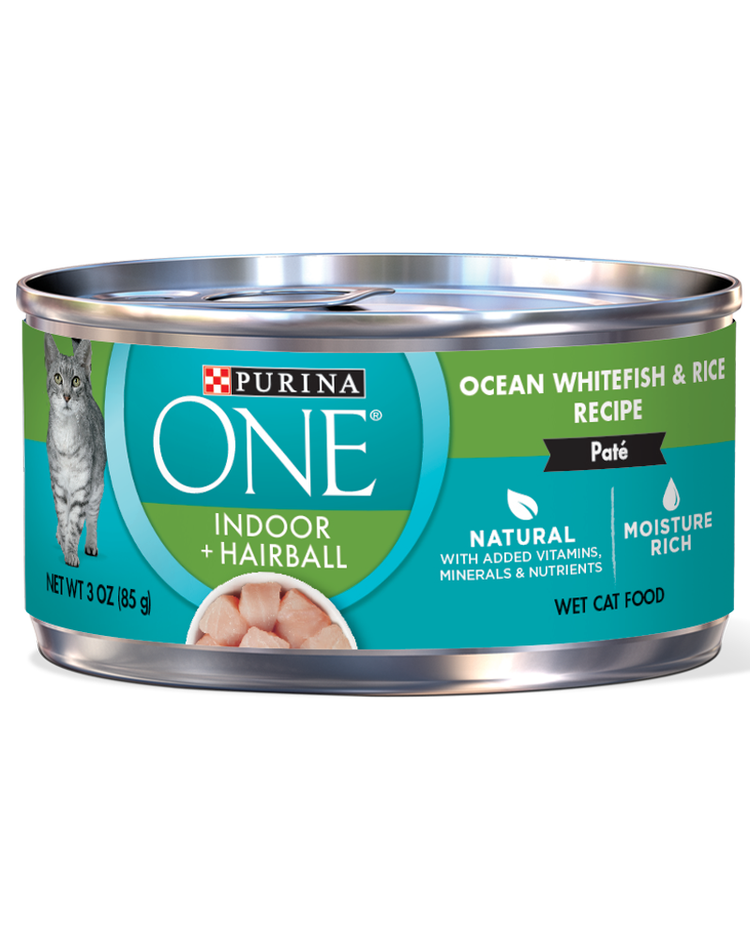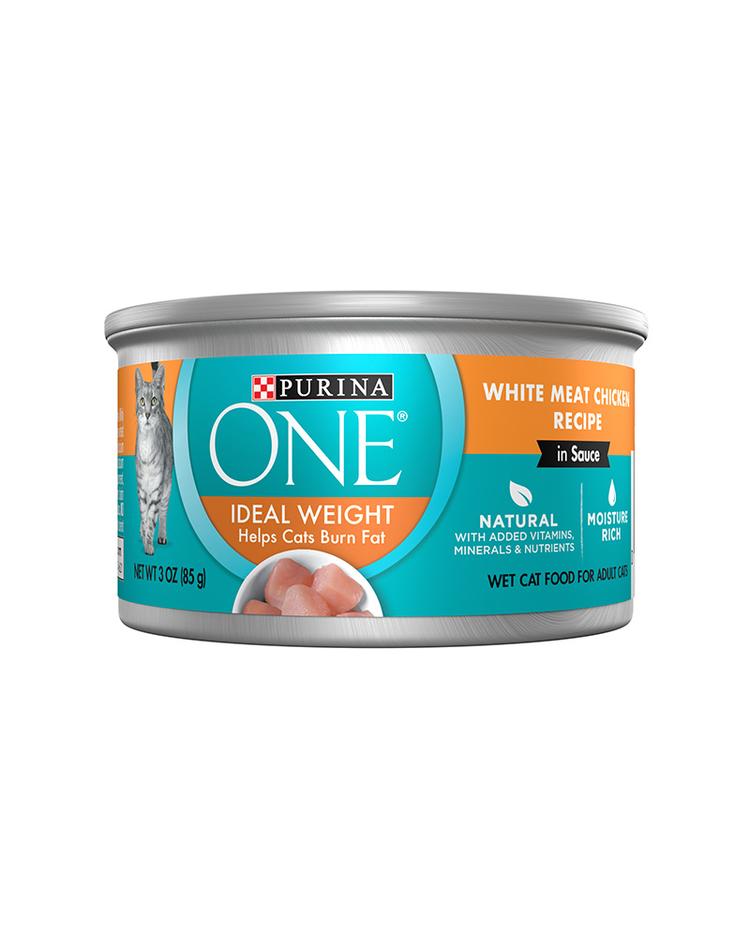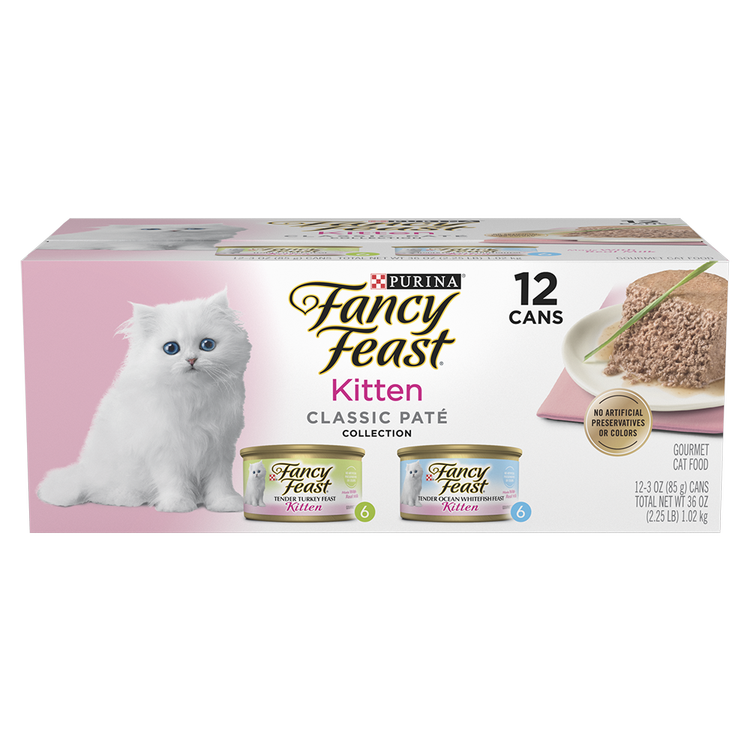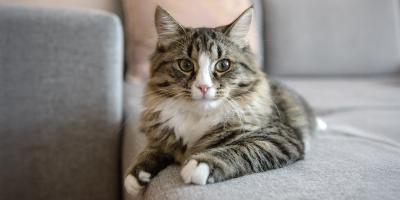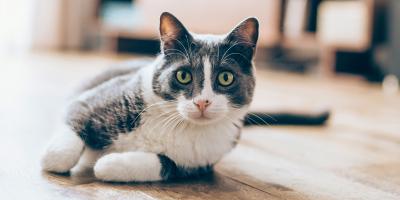Do Cats Drink Water? Cat Hydration & Dehydration Prevention

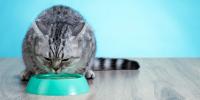
Yes, they do. Although movies and other media often show cats drinking a bowl of milk, it’s not good for most felines.
Water, however, is as vital to a cat’s survival as it is to that of humans. 60-70% of their body weight is water. Despite being good for them, many cats don’t like drinking water, especially if it’s still or standing water. This dislike for water can lead to a dehydrated cat, so it’s important to monitor your cat’s water intake.
Why is Proper Hydration Important for Cats?
Hydration is the physiological state of balanced electrolytes, specific minerals and fluids within the body, and maintaining this balance is important. Water is vital because it affects everything from organ function and nutrient transportation to circulation and digestion.
It also helps decrease the likelihood of urinary stones and helps the kidneys flush out toxins.
All cats are different and have their own preferences, though. As a result, you may need to try a few different methods of providing water to find something your kitty likes.
What Causes Dehydration in Cats?
Cats can become dehydrated for a number of reasons. One of the primary reasons is it’s in their genes. Felines evolved from desert dwellers, and therefore have a low thirst drive and can survive on less water than their canine counterparts.
Cats have near-sightedness issues, so it may be hard for cats to visualize the edge of the water in a bowl. Additionally, when cats lap water from a bowl, they curve their tongue into a J-shape and bite off a column of water, which is incredibly inefficient. Cats only end up with 3/100 of a teaspoon per lap!*
Plus, cats are sensitive to the taste and presentation of water. Most cats instinctively gravitate toward fresh, moving water.
Conditions that make cats more prone to dehydration include chronic kidney disease and other conditions, such as diarrhea or diabetes.
Signs of Dehydration in Cats
If your cat neglects her water bowl, she may become dehydrated. Signs of a dehydrated cat include:
- Dry gums
- Lethargy or depression
- Loss of appetite
- Decrease in skin elasticity
- Elevated heart rate
You may have a dehydrated cat on your hands if you gently pinch the skin over her shoulders and the skin stays gathered when you release it. This is known as “skin tenting” and is a sign of dehydration.
If you notice any of the above signs, call your veterinarian. They can give your cat fluids, rule out any potential illnesses and offer guidance on preventing dehydration in the future.
How Much Water Should a Cat Drink?
Cats need varying amounts of water based on their weight and the type of food they eat (dry kibble or canned wet food).
It’s difficult for even the healthiest of cats to drink the right amount of water because of the unique shape of their tongues. A single lap of water only provides a cat with 3/100 of a teaspoon.*
Although many cats struggle to stay hydrated, some cats can drink too much water. If your cat drinks more water than usual, it may be a sign of feline hyperthyroidism or diabetes.
How to Get a Cat to Drink Water
Getting your cat to drink more water can be tricky. You may have to experiment until you find something she likes. Start with one or more of the following suggestions to see how your cat reacts.
Choose the Right Water Bowl: If your cat’s current water bowl is deep and narrow, it may touch her whiskers, which is uncomfortable. Try switching your cat’s water bowl to a wider, shallower dish with a smaller lip to see if she drinks more.
Place it in the Right Location: Although it’s tempting to stick your cat’s food and water bowls in an out-of-the-way area, cats don’t like being boxed into a corner. They prefer locations where they can see their surroundings with a quick glance and don’t have to worry about anyone sneaking up behind them. See if moving her water bowl to a new location helps.
Keep it Fresh: The longer water sits, the more particles it collects. Dust, dirt, hair and more can all collect in your cat’s water bowl, making her less inclined to drink from it. Put fresh water in her bowl one to two times a day.
Try a Cat Water Fountain: Cats love running water and there are many theories why. It may also appeal to more of their senses, as they can see it move, hear the sound it makes and even taste a difference. A cat water fountain can make drinking water more exciting and pleasurable for your kitty.
Add Wet Cat Food to Her Diet: Water isn’t the only way to keep your cat hydrated. If you’ve tried all the above and she’s still not drinking enough, try hydrating with wet cat food or broths. Although it can’t replace water altogether, supplementing with wet food can help increase her overall water intake to help prevent dehydration.
For some cats, even the fanciest water bowls and cat fountains and the most delicious wet foods aren’t enough. If your cat still isn’t drinking enough water, talk to your veterinarian. They may recommend a cat hydration supplement or give you more tips to help increase your cat’s water intake.
Not only do cats drink water, but it’s vital for their survival. Keeping your cat hydrated will help keep her happy and healthy. Explore all the wet cat food options we offer to help increase your cat’s total water consumption. Always check with your veterinarian before adding new food to your cat’s diet.
Click here to learn more about:
Purina® Pro Plan® Veterinary Supplements
*Reis et al. How cats lap water: water uptake by Felis catus. Science 330. 1231-1234 (2010).

Find Your Pet’s Perfect Food
Use our Pet Food Finder to get a custom recommendation from Purina Nutritionists.

